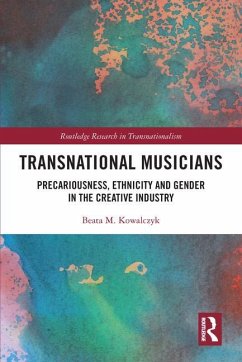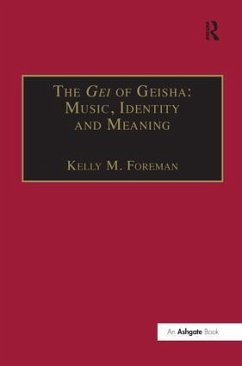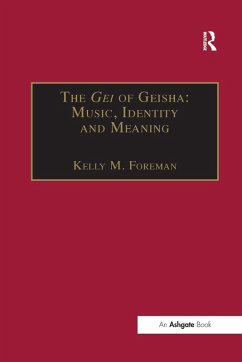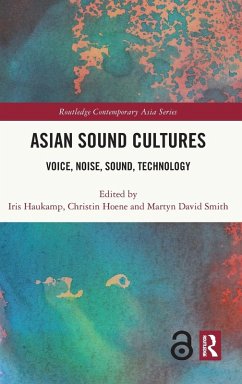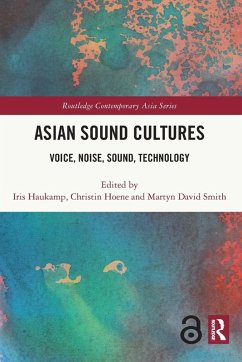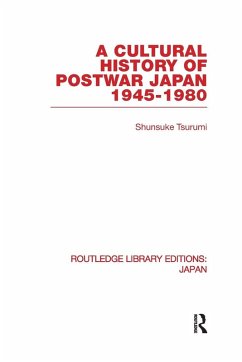
Music, Modernity and Locality in Prewar Japan
Osaka and Beyond
Herausgeber: Tokita, Alison; Ferranti, Hugh De

PAYBACK Punkte
89 °P sammeln!
This anthology addresses the modern musical culture of interwar Osaka and its surrounding Hanshin region. It is the first to draw together research on the interwar musical culture of the Osaka region and addresses comprehensively both Western and non-Western musical practices and genres.




